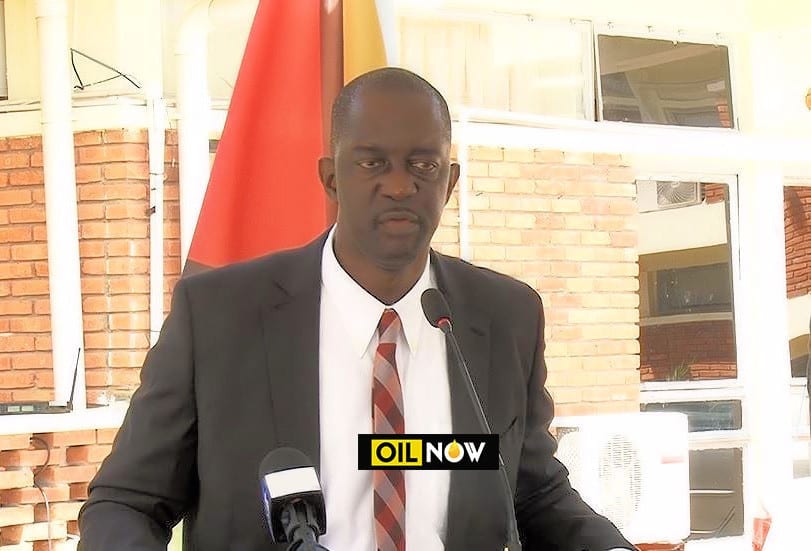As the development of Guyana’s oil and gas resources continues, the Guyana Lands and Surveys Commission (GL&SC) has seen an increased demand for land.
“There is a lot of interest in…waterfront lands and many people have their own idea about what they want to do in the waterfront areas,” Chief Executive Officer of the GL&SC, Trevor Benn said during a recent interview with OilNOW.
He disclosed that the interests lie mostly in Regions three (Essequibo Islands-West Demerara), Four (Demerara-Mahaica) and Six (East Berbice-Corentyne).
The agency is working to ensure more lands are available but is facing challenges as a result of constraints within its laws which it is now reviewing.
“We are doing the legislative review at the moment, the State Lands Act, to bring it in order with current demands, we have to make some changes to it and we are looking into what changes we can recommend to the Parliament,” the CEO told OilNOW.
He explained that while there are several plots of lands not in use, in Region four for example, some were already issued to private developers who have failed to honour their contracts.
However, the guidelines provided for the repossession of lands is “burdensome,” as it requires approaching the courts for assistance –a process which is “time consuming.”
International help is also being sought as the commission also looks to update its surveying laws to “make our surveyors accountable and responsible,” in response to complaints about the quality of work and the ethics they display.
With a project which begins this year to remap the country, the GL&SC also hopes to undertake a land valuation to ensure value for money.
In the meantime, it has plans to open up 6,000 acres of land for residential, commercial and agricultural purposes in Region four (Demerara –Mahaica), where the capital city is located and already over-populated.
“We know that there is a number of businesses that will be created and they will need space to set up their business, they will need land for the businesses. There is a number of housing units that will be required because lots of people will come to work and so we will need to set aside land for this,” the CEO of the commission explained.
He noted that the agency wants to “respond to the level of needs that oil is expected to bring because many of these people are coming from societies where they are accustomed to living at a certain level.”
With a majority of the country’s public and private services centered in Georgetown, the city has seen an increase in traffic congestion and little space to widen its roadways.
These problems, Benn hopes will be addressed with the opening up of new lands.
“We want to make sure we have all of the green spaces and road width, bicycle lane, the land uses for various purposes whether it is industrial and commercial. Parking in Georgetown is a problem, we hope that we can get some investor to look at a parking facility,” he explained.
Oil production is expected to begin in 2020. Already a number of companies have begun operating in Guyana.
While the country’s current political climate fueled by a vote of No-Confidence against the sitting Government may propel some level of uncertainty, the Private sector Commission (PSC) believes businesses and by extension, investments, will not be affected.
On Monday, ExxonMobil announced that it has begun drilling the Haimara-1 Exploration Well, one of two to be drilled in January of 2019.
It has also disclosed that along with its partners and contractors, about US$65 million was spent on more than 300 local suppliers during the first three quarters of 2018.



